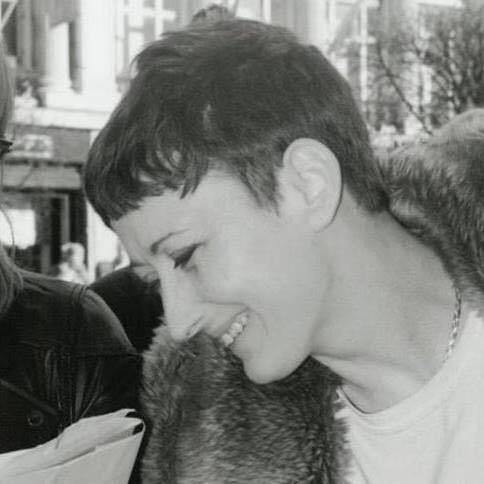Some questions –
A garda used a mobile phone to record CCTV footage of Dara Quigley being arrested under the Mental Health Act. Reports indicate that he shared this on a WhatsApp group with other gardai. This footage was in turn shared on Facebook, and other sites, before it was removed from Facebook following intervention from a senior garda.
Did the garda with the phone record the footage as it was shown live on CCTV?
Or did he check video archives to find it?
Suppose it was the latter. How did he know to go looking for it? What information was he given, and what information did he seek out, so as to find the footage? For example, did he have any contact with the gardaí shown dealing brutally with Dara in the video? Was he one of them?
The GSOC investigation into the events surrounding the leak of Clare Daly’s arrest on drink-driving charges in 2013 found that 145 people ‘potentially had knowledge of the incident on 29 January via Pulse or via the email containing information’.
In Dara’s case, did word spread through some Garda network that there was footage worth seeing? Did the guard look up details of Dara’s arrest on Pulse to see what time it happened? When he went to record the footage, did he know the name of the person whom he was recording?
Is the garda reported to be suspended on full pay the one who in fact recorded the footage? He may not be. Remember, there are members of An Garda Síochána who tie rats to the doors of other members.
The ‘rotten apple’ hypothesis can be persuasive, even when we know it to be wrong. We may be inclined to look for singular culprits, when the genesis of a vile act spreads far wider than that. For starters: if it was the garda now suspended on full pay, did he act alone in making the recording? If not, was there some concerted decision that he would be the one to go retrieve it?
Suppose it was the former. A lone officer. Watching the live feed. He doesn’t know who it is, but thinks: I have to record this. The lads will want to see it. It will please them, they will admire me for it.
Little does he know that the rest of his colleagues will be appalled. They are committed to dignity and respect for everyone. They will see their colleague’s actions as a gross violation of the rights of the person in the video. They will recognise how these actions are motivated by a misogyny that pervades their institution and wider society. They will be shaken by the abuse of power. Committed as they are to respecting the rights of people with mental illness, they will notify senior authorities about this horrific breach.
That is how it might unfold, in a dream world.
In a world closer to reality, his colleagues will not be appalled. What is the WhatsApp group for anyway if not for communication among like-minded people? They will say nothing, even though it is their job to prevent violations of fundamental rights. Some may have qualms, but they will remain silent, as they always do. Others may post cry-laugh emojis. An espirit de corps will gel around the feeling of power they have, the way they can do this to whomever they like. An Garda Síochána, where we do what we want.
Do you reckon any of the individuals in the WhatsApp group will be taking part in the Garda Four Peaks Challenge, for a mental health charity? Do you reckon any of those who put their hiking boots on will, in a moment of reflection, speak among themselves about the general role of An Garda Síochána in heightening mental harm? All the laws they uphold that keep people deprived of proper care and support, all the laws they uphold that produce unbearable stresses, all the violence they unleash against people with mental illnesses: do you think they will think about that?
Do you think they think at all?
One of the most pernicious myths about CCTV and other systems of surveillance and recording is that they are there to protect us. They are there for our own good. If not for them, our world would become nasty, brutish and short. We are led to imagine that their functioning is neutral, and that there are accountability mechanisms that prevent them from abuse. But what if they are not a means against abuse, but instead, a means to its extension into every facet of life? And the people who operate them -with their sordid, resentful desires obscured from our view- are the nastiest, most brutish of them all?
Do you think any of the investigations currently underway will get to the heart of these problems?
And if not: what will it take to expose them for what they are?











